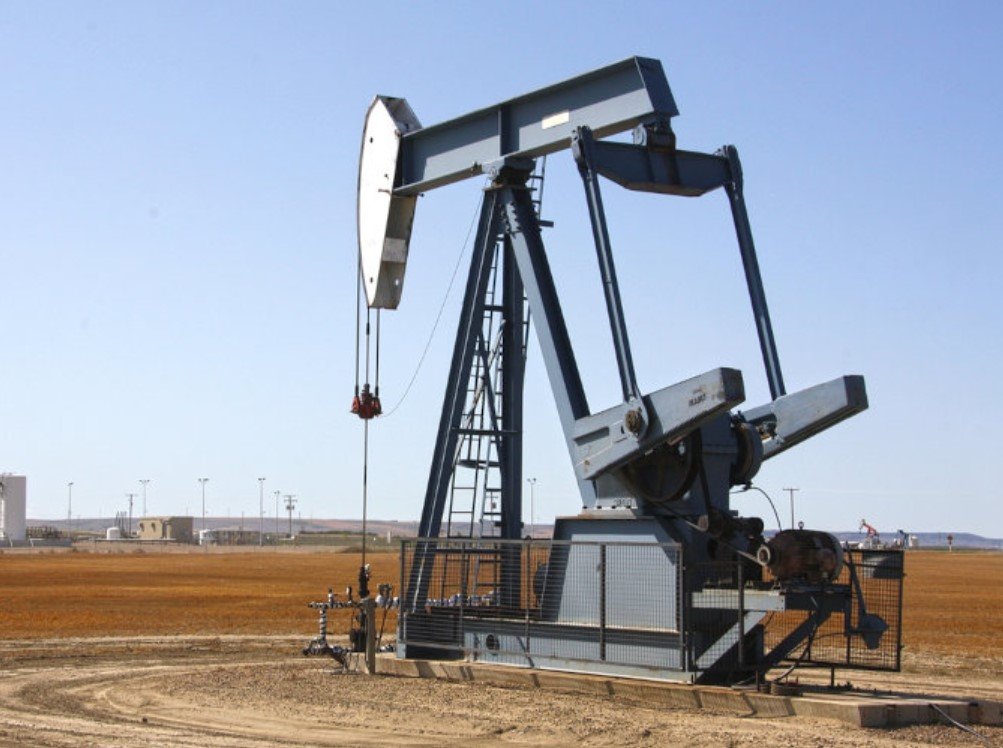Egypt’s non-oil private sector experienced a downturn in September, as indicated by the latest Purchasing Managers’ Index (PMI) report from S&P Global. The PMI fell to 48.8, down from 50.4 in August, signaling a contraction in business activity. This decline marks the sharpest drop since April, driven by rising price pressures and weakening domestic demand. Despite some positive trends in employment and purchasing activity, the overall business environment remains challenging.

Decline in Business Activity
The drop in Egypt’s PMI to 48.8 reflects a significant contraction in the non-oil private sector. This decline follows a brief period of expansion in August, where the PMI had reached 50.4, the highest level since November 2020. The contraction is attributed to several factors, including rising input costs and a decrease in new orders. Businesses have reported that inflationary pressures have led to higher costs for raw materials, which in turn have been passed on to consumers through increased selling prices.
The weakening of domestic demand has been a major contributor to the downturn. New business orders fell at the fastest rate in five months, indicating a slowdown in consumer spending. This decline in demand has affected various sectors, including manufacturing and services, leading to reduced output and lower business confidence. Despite these challenges, some businesses have managed to maintain their purchasing activity, suggesting a cautious optimism about future recovery.
In contrast to the domestic market, new orders from abroad have shown resilience, rising for the fifth consecutive month. This indicates that while local demand is struggling, international markets continue to provide opportunities for growth. However, the overall impact of the downturn has been significant, with many businesses facing tough conditions.
Inflationary Pressures and Economic Challenges
Inflationary pressures have been a key factor in the weakening of Egypt’s non-oil business conditions. Input prices surged at their fastest pace since March, driven by higher costs for raw materials and a weakened currency. This has led to increased selling prices, although the rate of price hikes has slowed compared to August. The rising costs have put a strain on businesses, particularly those in the manufacturing sector, where margins are already tight.
The economic challenges facing Egypt are compounded by the broader global economic environment. Rising energy prices, supply chain disruptions, and geopolitical tensions have all contributed to the inflationary pressures. These factors have made it difficult for businesses to plan and invest, leading to a cautious approach to expansion and hiring. Despite these challenges, there have been some positive developments, particularly in the labor market.
Employment in the non-oil private sector increased for the third consecutive month, driven by growth in the construction and wholesale and retail sectors. This suggests that while overall business conditions are tough, there are pockets of resilience and potential for recovery. The increase in employment is a positive sign, indicating that businesses are still willing to invest in their workforce despite the challenging environment.
Outlook and Future Prospects
Looking ahead, the outlook for Egypt’s non-oil private sector remains uncertain. Business confidence has dipped to a three-month low, reflecting concerns about the ongoing economic challenges. However, there are some reasons for cautious optimism. The continued growth in new orders from abroad suggests that international markets may provide a buffer against the domestic downturn. Additionally, the increase in employment and purchasing activity indicates that some businesses are preparing for a potential recovery.
The Egyptian government has been taking steps to address the economic challenges, including measures to control inflation and support businesses. These efforts are aimed at stabilizing the economy and creating a more favorable environment for growth. However, the effectiveness of these measures will depend on the broader global economic context and the ability of businesses to adapt to the changing conditions.
In conclusion, while Egypt’s non-oil business conditions have weakened in September, there are signs of resilience and potential for recovery. The challenges are significant, but with continued efforts to address inflation and support businesses, there is hope for a more stable and prosperous future.
